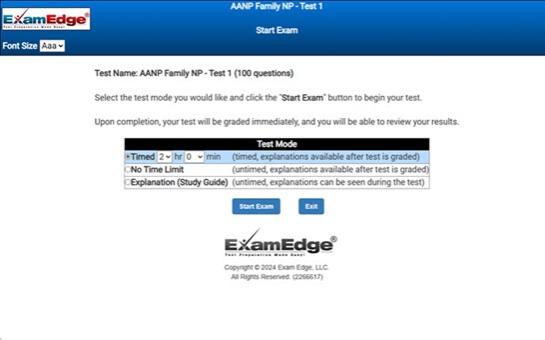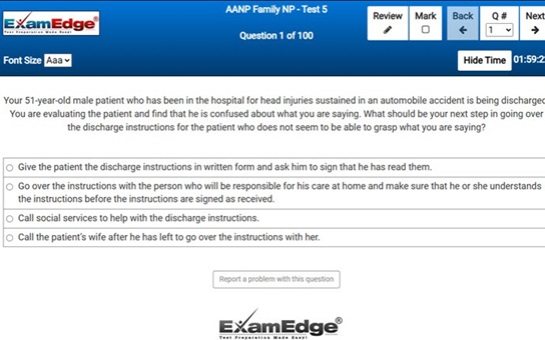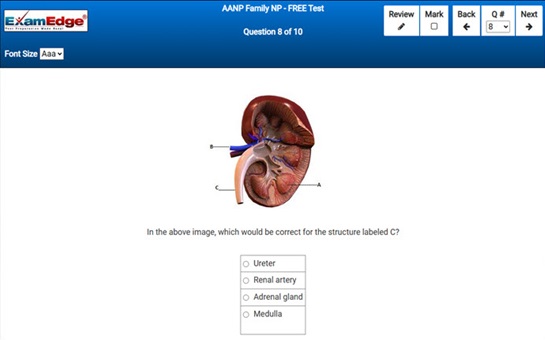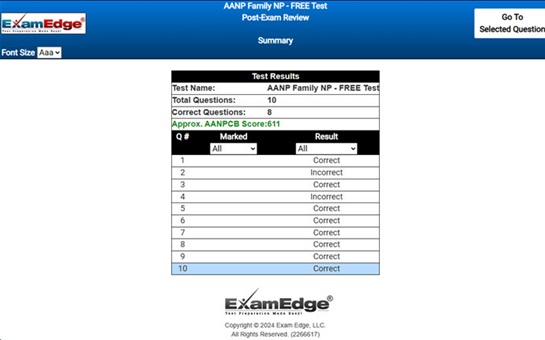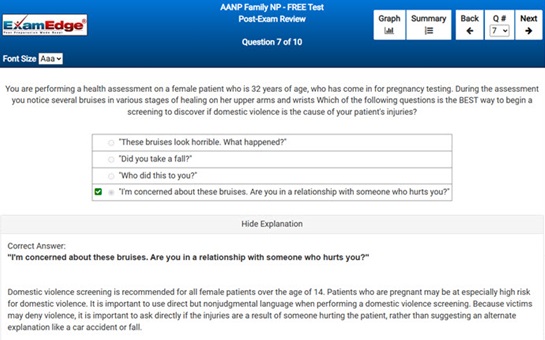Praxis School Guidance and Counseling (5421) Practice Tests & Test Prep by Exam Edge - Topics
Get Instant Online Access Now!
** Sample images, content may not apply to your exam **
Understanding what is on the Praxis School Guidance and Counseling exam is crucial step in preparing for the exam. You will need to have an understanding of the testing domain (topics covered) to be sure you are studying the correct information.
- Directs your study efforts toward the most relevant areas.
- Ensures efficient and adequate preparation.
- Helps identify strengths and weaknesses.
- Allows for a focused approach to address gaps in understanding.
- Aligns your preparation with the exam's expectations.
- Increases the likelihood of success.
- Keeps you informed about your field's current demands and standards.
Not ready to purchase our complete practice tests yet? Start with a Praxis School Guidance and Counseling FREE Practice Test first!
Select Your Test Bundle
Excellent
Praxis School Guidance and Counseling (0420) Shortcuts
General Exam Info
Exam Topics
Features
Study Plan Tips
Test Reviews
Why Exam Edge?
FAQ
Related Blogs
FREE Practice Test
Understanding the exact breakdown of the Praxis School Guidance and Counseling test will help you know what to expect and how to most effectively prepare. The Praxis School Guidance and Counseling has multiple-choice questions The exam will be broken down into the sections below:
| Praxis School Guidance and Counseling Exam Blueprint | ||
|---|---|---|
| Domain Name | % | Number of Questions |
| Foundations | 18% | 22 |
| Delivery of Services | 45% | 54 |
| Management | 15% | 18 |
| Accountability | 22% | 26 |
Praxis School Guidance and Counseling - Exam Topics Sample Questions
|
|
|
|


